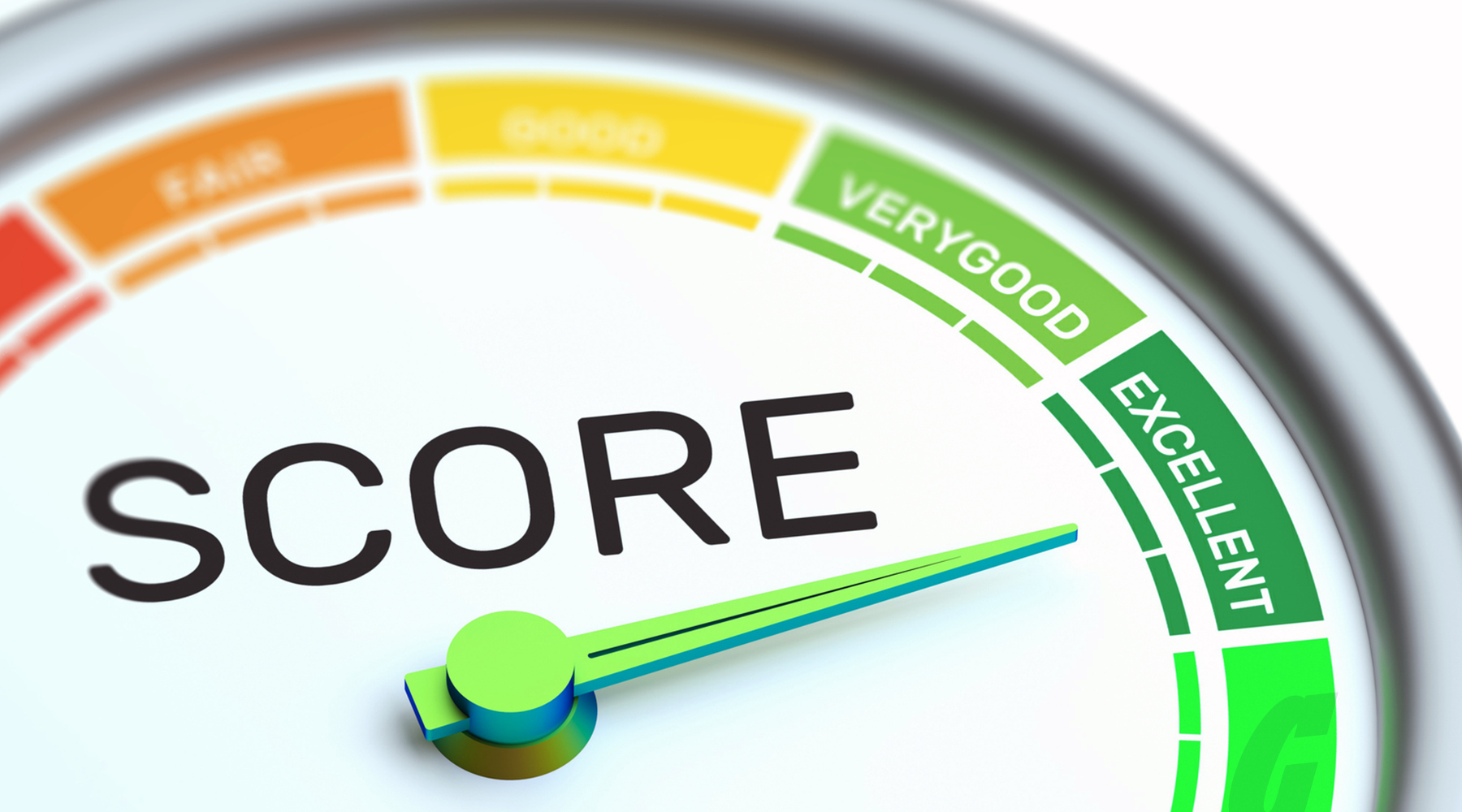Credit Report Resources for Thinkwise CU Members
Stay informed, spot mistakes early, and build stronger credit with the guides and tools below.
1. Why Your Credit Report Matters
Your credit report is a detailed history of how you borrow and repay money. Lenders, insurers, landlords, and some employers rely on it to set terms or make decisions. Keeping it accurate protects both your wallet and your reputation.
2. How to Get Your Free Credit Reports
Under the Fair Credit Reporting Act (FCRA), you can now access your Equifax®, Experian®, and TransUnion® reports once a week for free through the official site:
- AnnualCreditReport.com
- Phone: 877‑322‑8228
- Mail: Download and send the request form found on the site
Tip: Rotate requests (Equifax this month, Experian next, etc.) so you always have a recent view.
3. Reading Your Report—What to Look For
| Section | What It Covers | What to Check |
|---|---|---|
| Personal Information | Names, addresses, Social Security variations | Confirm spelling and past addresses |
| Credit Accounts | Open & closed loans / credit cards | Verify balances, limits, status |
| Inquiries | Who pulled your credit | Challenge unfamiliar hardinquiries |
| Negative Items | Late payments, collections, public records | Note drop‑off dates; dispute inaccuracies |
4. How Credit Scores Are Calculated
Most lenders use FICO® or VantageScore® models. FICO® scores break down like this:
- 35% Payment History – Pay on time, every time.
- 30% Amounts Owed – Keep credit‑card balances under 30 % of the limit (10 % is even better).
- 15% Length of Credit History – Older accounts help; think twice before closing your oldest card.
- 10% Credit Mix – A healthy blend of installment (loans) and revolving (credit cards) can help.
- 10% New Credit – Several new accounts in a short window can lower your score.
5. Fastest Ways to Boost Your Score
- Pay on or before every due date—auto‑pay helps eliminate missed payments.
- Reduce credit‑card balances—extra payments count immediately.
- Limit new credit applications—space them at least six months apart.
- Monitor your own score—it’s a
soft
inquiry and never hurts your rating.
6. Fixing Errors & Protecting Your Credit
If you spot an error, follow these steps:
- Dispute in writing with both the credit bureau and the creditor; include copies of supporting documents.
- Bureaus must investigate within 30 days and send results in writing.
- Unresolved? Escalate to the CFPB or request arbitration.
Free safety tools:
- Fraud Alerts – 1‑year warning flag for potential ID theft.
- Credit Freezes – Block new credit until you lift the freeze.
- TransUnion Service Center – Daily report refresh, score updates, and direct online disputes: transunion.com/credit-help
CFPB step‑by‑step dispute letters: Dispute an Error on Your Credit Report .
7. Ongoing Monitoring & Coaching
Many credit unions partner with nonprofit counselors. For example, DCU offers free sessions with BALANCE to review reports and create payoff plans.
8. How Thinkwise CU Can Help
| Service | What You Get | How to Access |
|---|---|---|
| Complimentary Credit‑Report Review | One‑on‑one session with a certified Financial Wellness Coach to review your report line‑by‑line. | Log in to Online & Mobile Banking → Services > Appointments |
| Score Tracker | Updated VantageScore® every month (soft pull). | Enroll under My Credit Score when logged in. |
| Secured Visa® & Credit‑Builder Loan | Build or rebuild credit with on‑time payments reported to all three bureaus. | Apply online or visit any branch. |
| Fraud Protection Center | Instant card lock/unlock, transaction alerts, and ID‑theft recovery kit. | Find under Card Controls & Alerts in the mobile app. |
Product details subject to change; see full disclosures for rates & eligibility.
9. Quick FAQ
- How often should I pull my report?
- At least three times a year—once from each bureau. Weekly pulls are free if you prefer.
- Does checking my own credit hurt my score?
- No. Self‑checks are “soft” inquiries and do not affect your rating.
- What score do I need for a Thinkwise auto loan?
- We look at more than a single score. Talk with our lending team for a full review.
- Can Thinkwise dispute errors for me?
- We’ll guide you and provide templates, but disputes must be filed by you directly.

